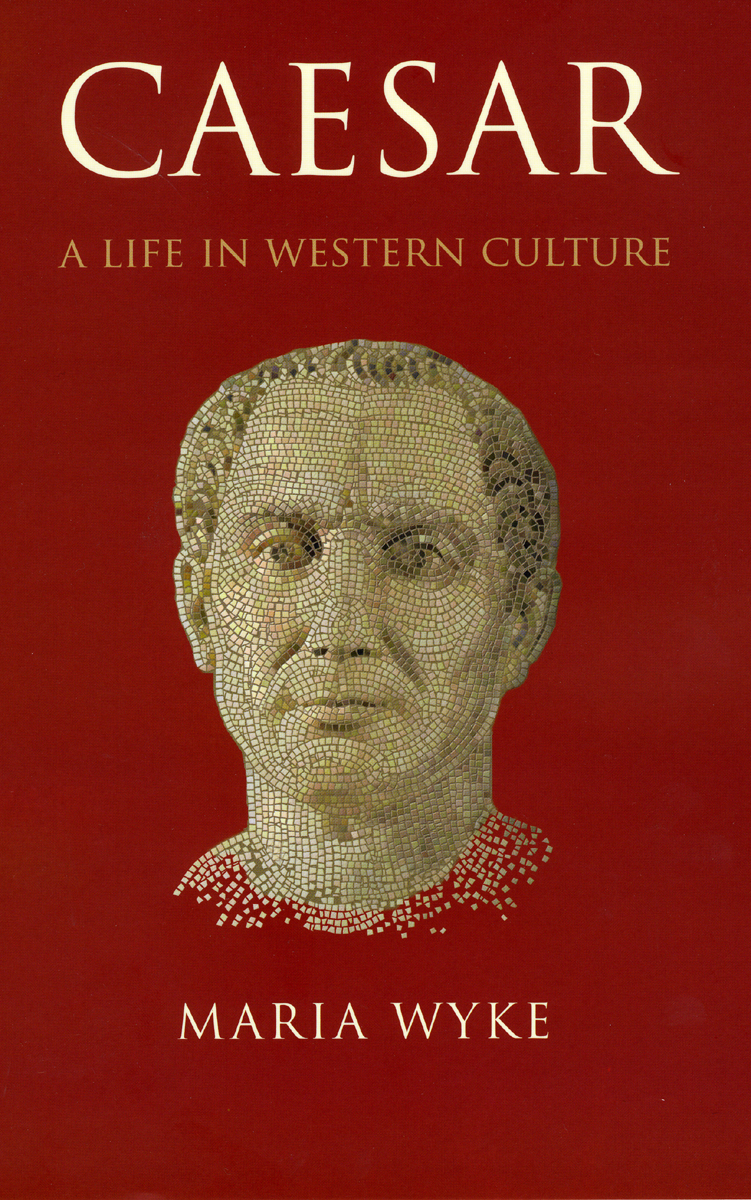A Caesar for our own time

An interesting review of Maria Wyke’s new book Caesar: A Life in Western Culture appeared in the August 18 edition of the Wall Street Journal. In the review, Peter Stothard praises the book for its insightful exploration of the various ways in which modern culture has invoked and appropriated Caesar and his legacy—from Mussolini, seeking a Caesarian mandate for this own grand ambitions, to Caesars Palace, Las Vegas:
Ms. Wyke’s concern is how we have created and adapted Caesar’s image and historical importance over the past 2,000 years… The principle behind this kind of study is known as “reception theory.” Its typical proponent is skeptical of how much we can know of what someone like Caesar and his contemporaries did and thought; a reception theorist is much more confident of how we have come to use and think about them ourselves. A comic book can thus be as important as a commander’s campsite. A bust loudly but unconvincingly proclaimed by its discoverer to be authentic is as significant as a newly interpreted paragraph from “De Bello Gallico.” The skill of a reception theorist such as Ms. Wyke lies in what she chooses to include and what she chooses to leave out.…
Ms. Wyke, however, is a sophisticated practitioner of her craft, a professor of Latin at University College London and a graduate of the British Film Institute. She is the pre-eminent British authority on the relationship between modern film and classical history. She wittily describes how Bernard Shaw’s distaste for the “deification of Love” in his play “Caesar and Cleopatra” was overridden for the 1945 movie version—and for all later movie attempts on the same theme. She also notes that the Caesars Palace Casino, built in 1966 and inspired by the sword-and-sandal movies of the era, came deliberately without apostrophe: Everyone could be a Caesar.…
Read the rest of the review on the Wall Street Journal website.
Also read an excerpt.